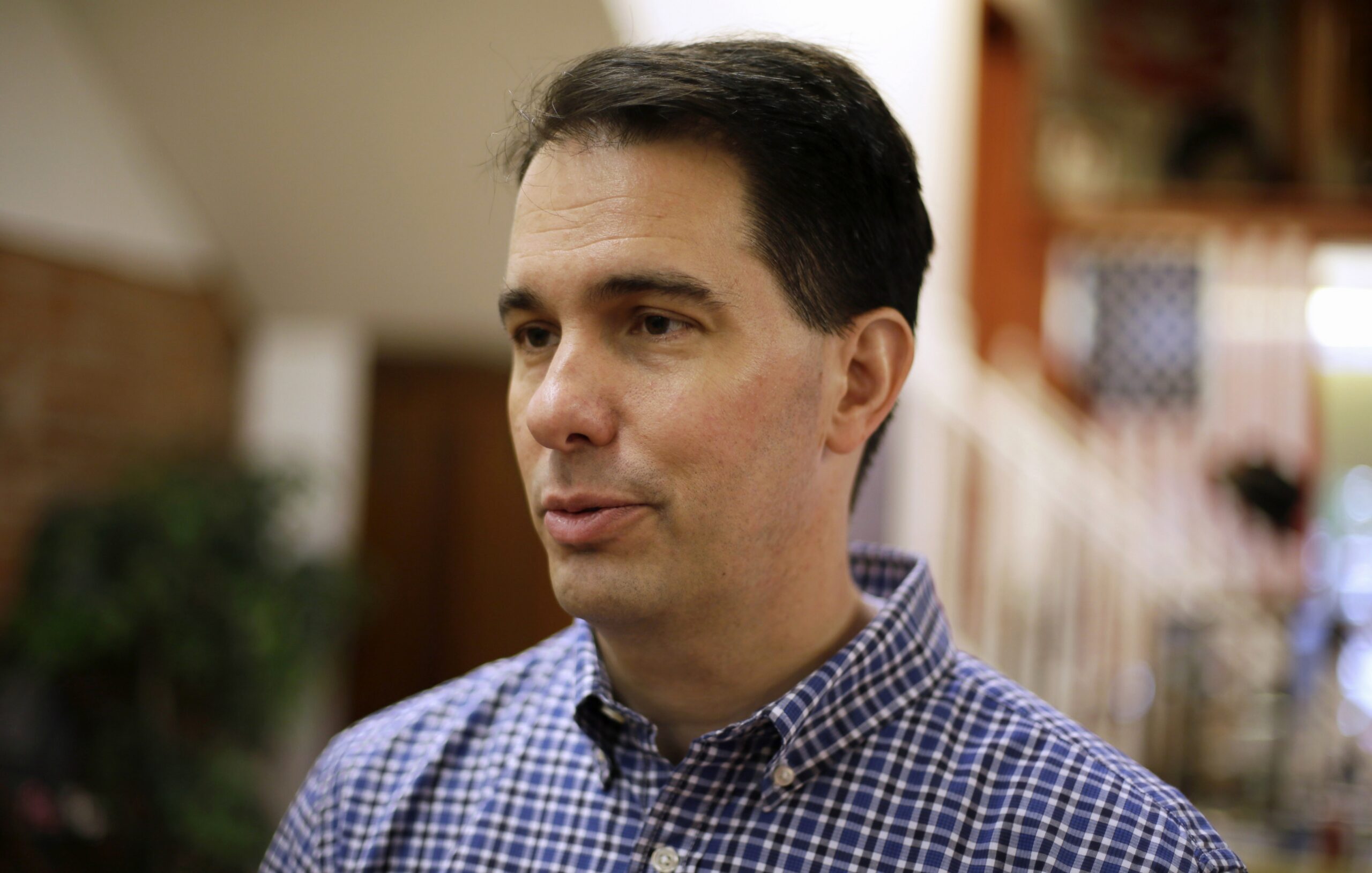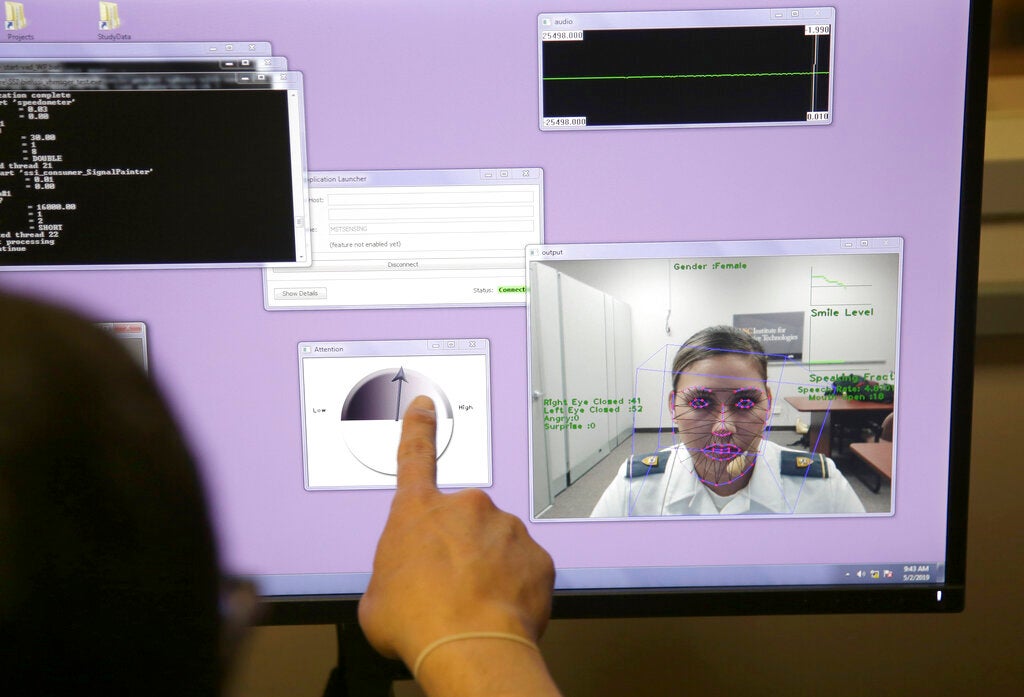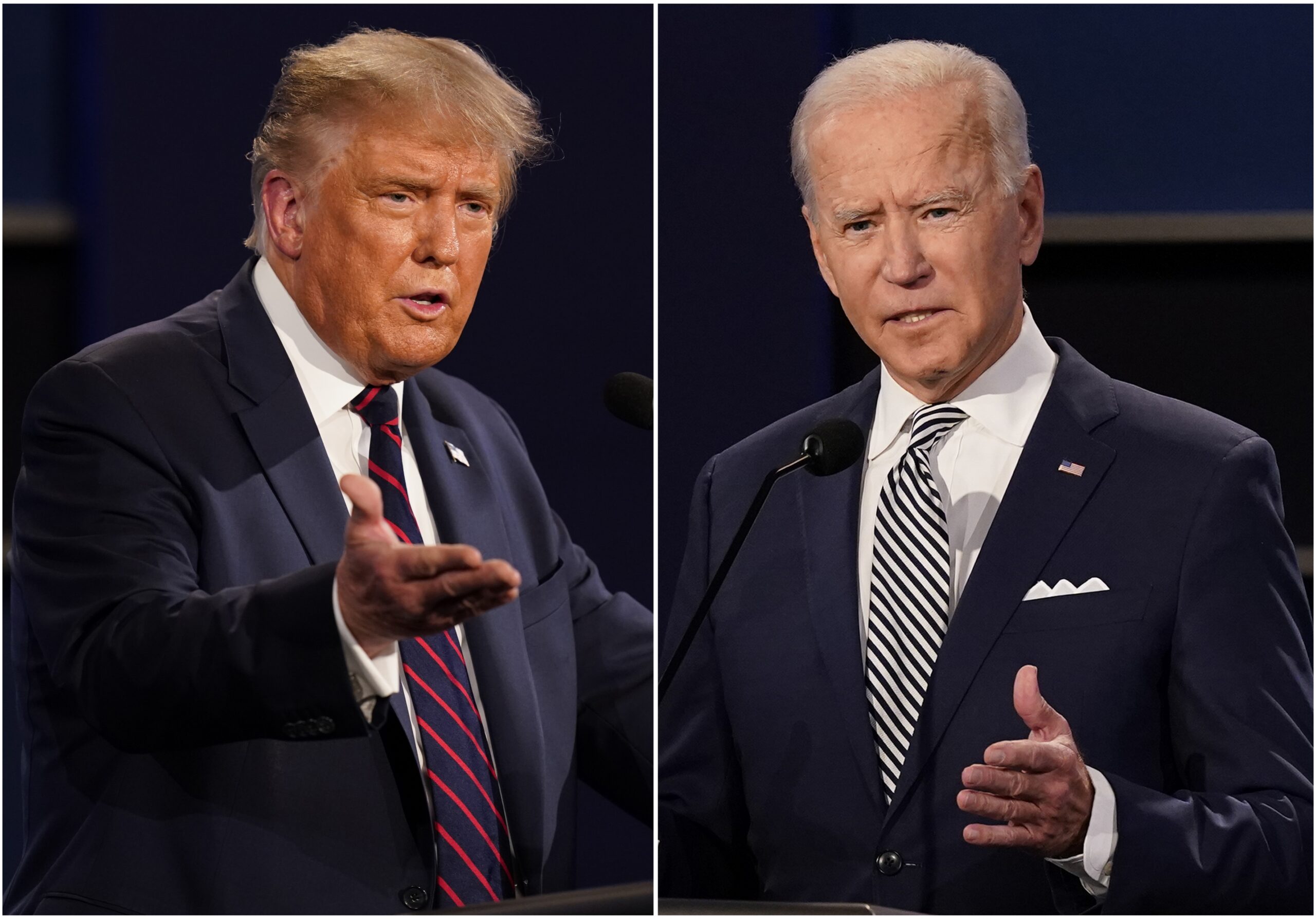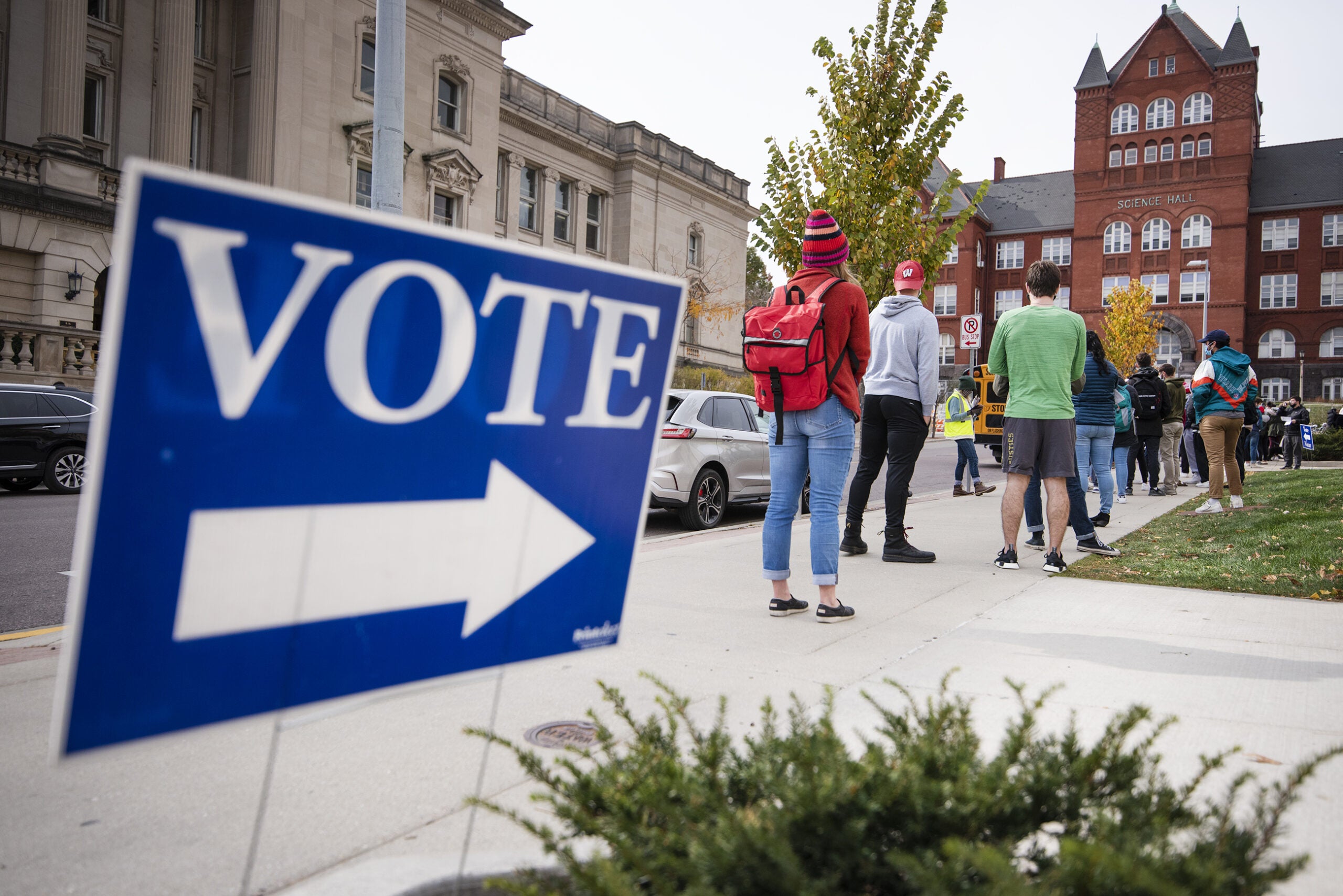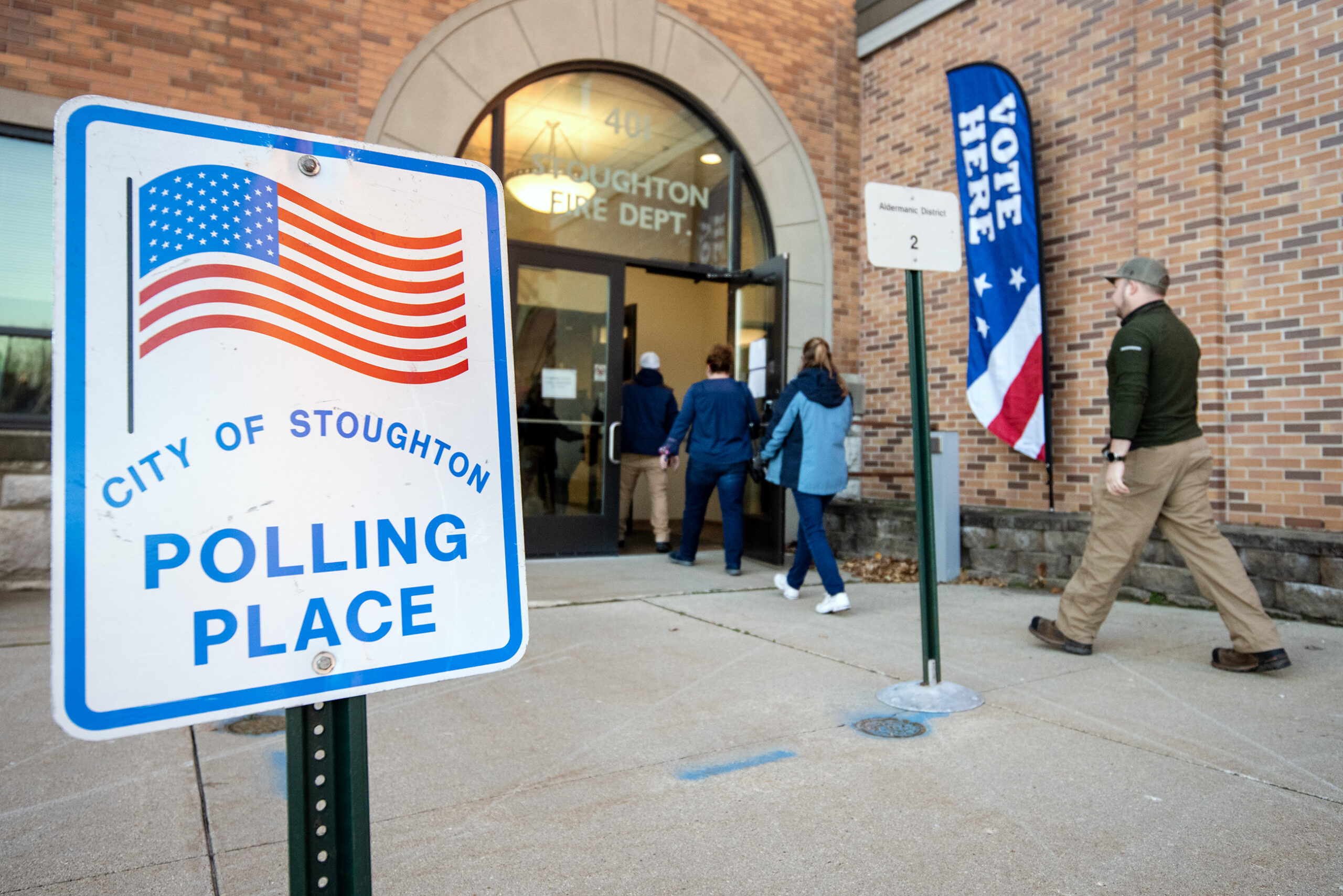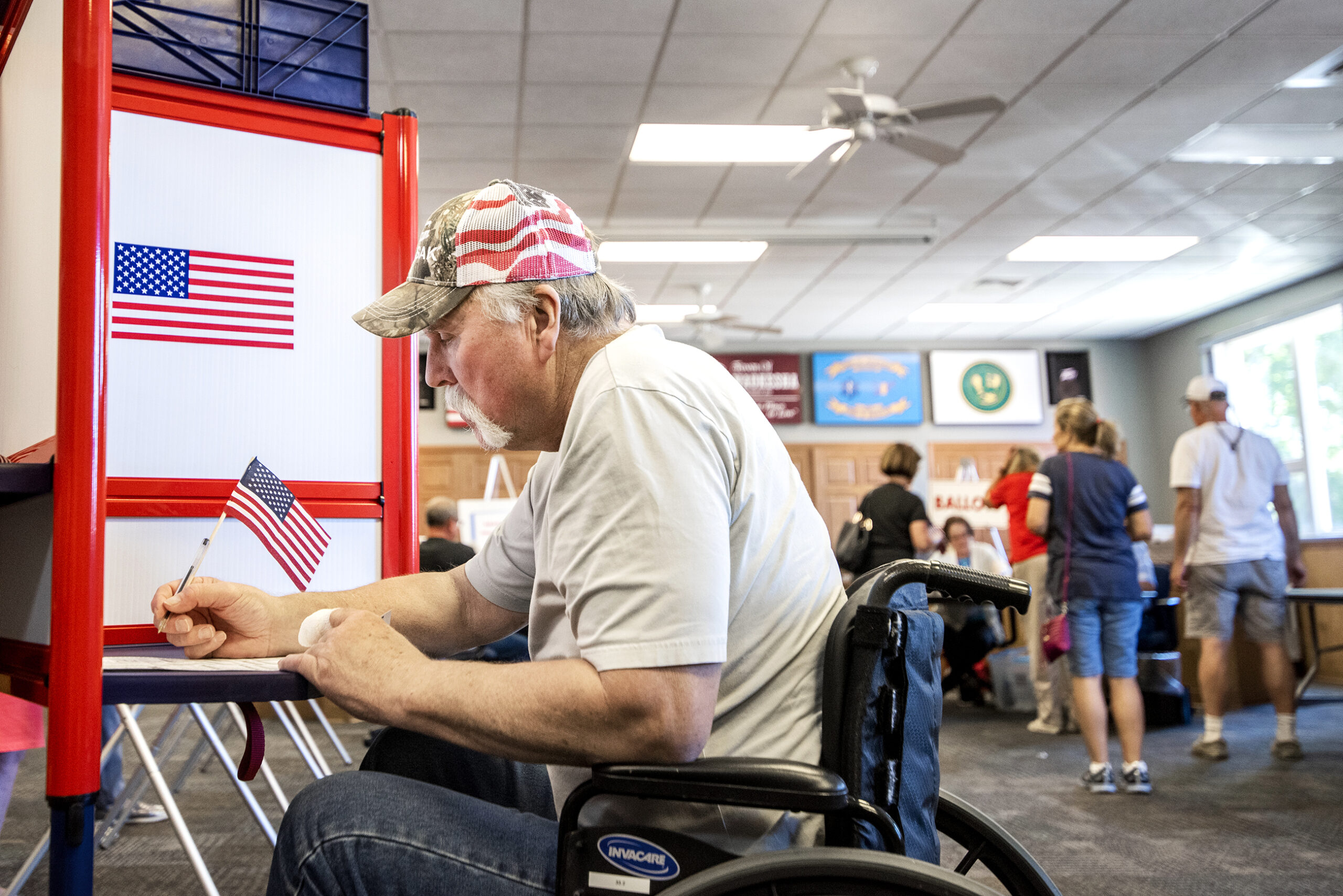Gov. Scott Walker spoke with reporters Thursday for the first time since his failed re-election bid, weighing in on his loss, lame duck proposals in the state Legislature and his stalled proposal to offer tax incentives to consumer products company Kimberly-Clark Corp.
Walker said he would leave analysis of his election loss “to the pundits,” but did bring up one factor: strong Democratic turnout.
“The simple reality is more than 30,000 more people voted for me than they did in 2014,” Walker said. “It just was a bigger turnout election than we’ve historically seen in the state of Wisconsin. The numbers we received a week ago Tuesday would have won the election four years ago, they would have won the election eight years ago.”
Stay informed on the latest news
Sign up for WPR’s email newsletter.
Walker received 1,292,969 votes this year, compared to 1,259,162 in 2014 and 1,128,941 in 2010.
“But in no way do I see it as a rejection, just a larger electorate than we’ve seen in the past,” he said.
Unofficial results show 59 percent of eligible voters cast ballots, which set a new record for a midterm election in Wisconsin. Turnout was especially strong for Democrats in Dane and Milwaukee counties.
When asked whether he would propose and sign any major legislation before leaving office, the governor said there’s not much left for him to do.
“What have we not done?” Walker said. “I may have reformed myself out of a job.“
GOP lawmakers have discussed taking up some new proposals during a lame duck session, including changes that would limit Democratic Gov.-elect Tony Evers’ power when he takes office. The proposals include moves to change the makeup of some state boards, including the board of the Wisconsin Economic Development Corp., and formalize some rules related to Wisconsin’s voter ID law.
Walker called those changes “reasonable” and said he would support them.
“Having the Legislature have some more oversight (over WEDC) I don’t think necessarily is a bad thing,” he said.
Evers said during his campaign he would like to eliminate the economic development agency and replace it without another entity similar to the former state Department of Commerce.
“If Tony Evers wants to propose getting rid of (WEDC), he can put it in his budget and see if the Legislature … that’s something they’re interested in or not,” Walker said.
The governor said he was also open to a new proposal at the state Capitol to separate the 2020 state Supreme Court election from the 2020 presidential primary.
Democrats immediately pushed back on that Thursday, saying it is a blatantly political move to protect Republican-backed Justice Daniel Kelly, who is up for re-election that year. Presidential elections typically see higher turnout from Democratic voters, which could make Kelly vulnerable.
“This is the highest level of hypocrisy,” said Assembly Minority Leader Gordon Hintz, D-Oshkosh, in a prepared statement. “The party that attempted to block a special election, arguing it was too confusing and too expensive, now wants to hold three elections between February and April at the cost of millions of dollars to Wisconsin taxpayers. Rather than focusing on ways to work together, Republicans are scrambling behind closed doors to invent new ways of consolidating power.”
The governor also used his first post-election public appearance to urge state lawmakers to pass his proposed tax incentives package for Kimberly-Clark Corp. The “Foxconn-style” deal is projected to cost the state about $70 million over 15 years. And is aimed at preserving about 400 jobs at a Fox Valley plant.
“If we keep these jobs here in the state of Wisconsin, (Kimberly-Clark) will grow, they will move more jobs to that site,” Walker said. “If the state fails to act before the end of this month, those jobs are gone. This is not an idle threat by Kimberly-Clark.”
The proposal, which received a public hearing this week, has faced challenges getting enough support in the state Senate.
“Things aren’t always going to be perfect, but if you’re going to do the right thing, you’ve got to stand up and lead,” he said. “So we’re going to continue to push members of the state Legislature, particularly of the state Senate, to lead.”
The proposal passed the Assembly in February. Walker said he wouldn’t make any major changes to the bill with his veto pen, if it is passed by lawmakers.
Wisconsin Public Radio, © Copyright 2024, Board of Regents of the University of Wisconsin System and Wisconsin Educational Communications Board.

